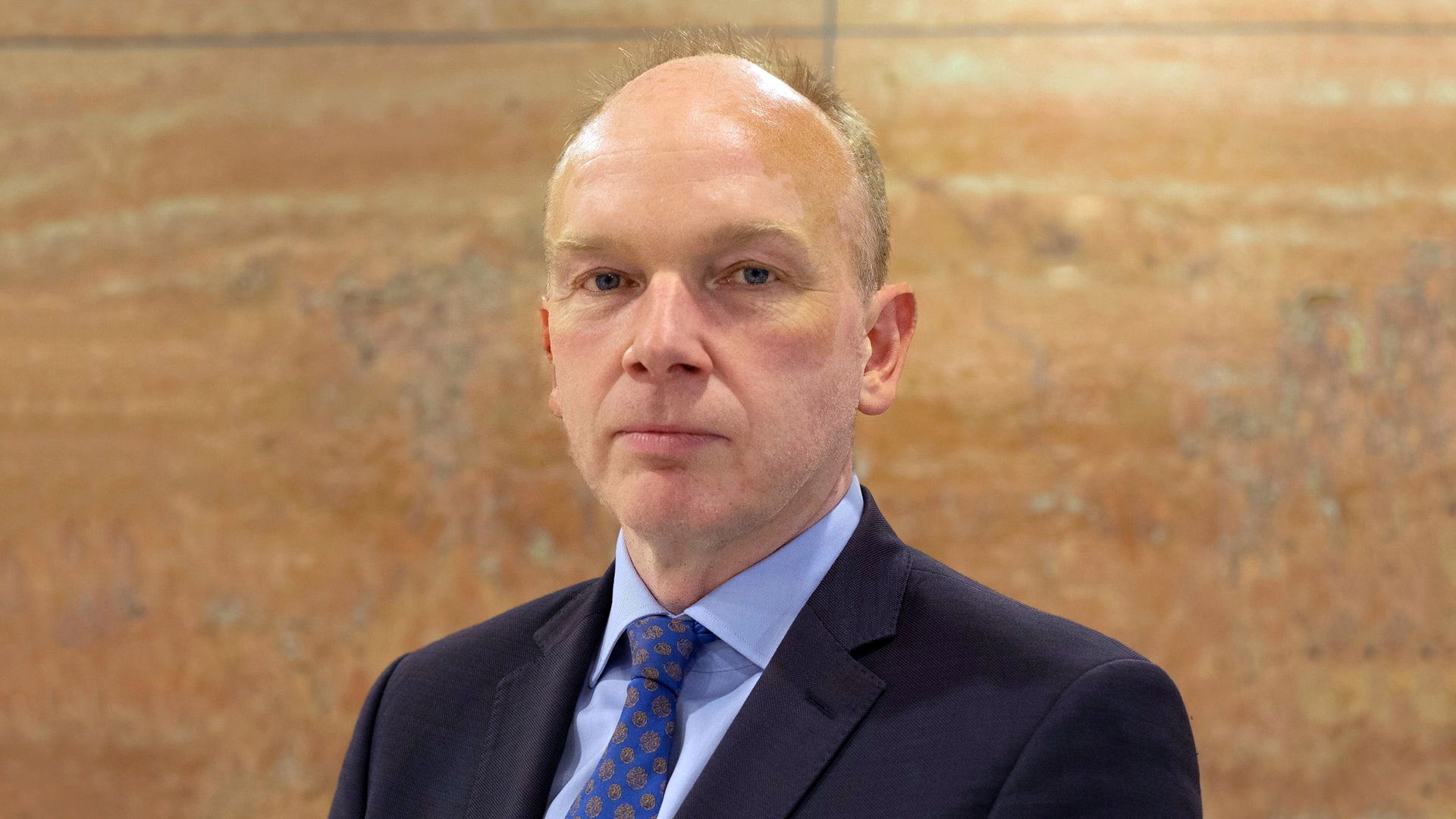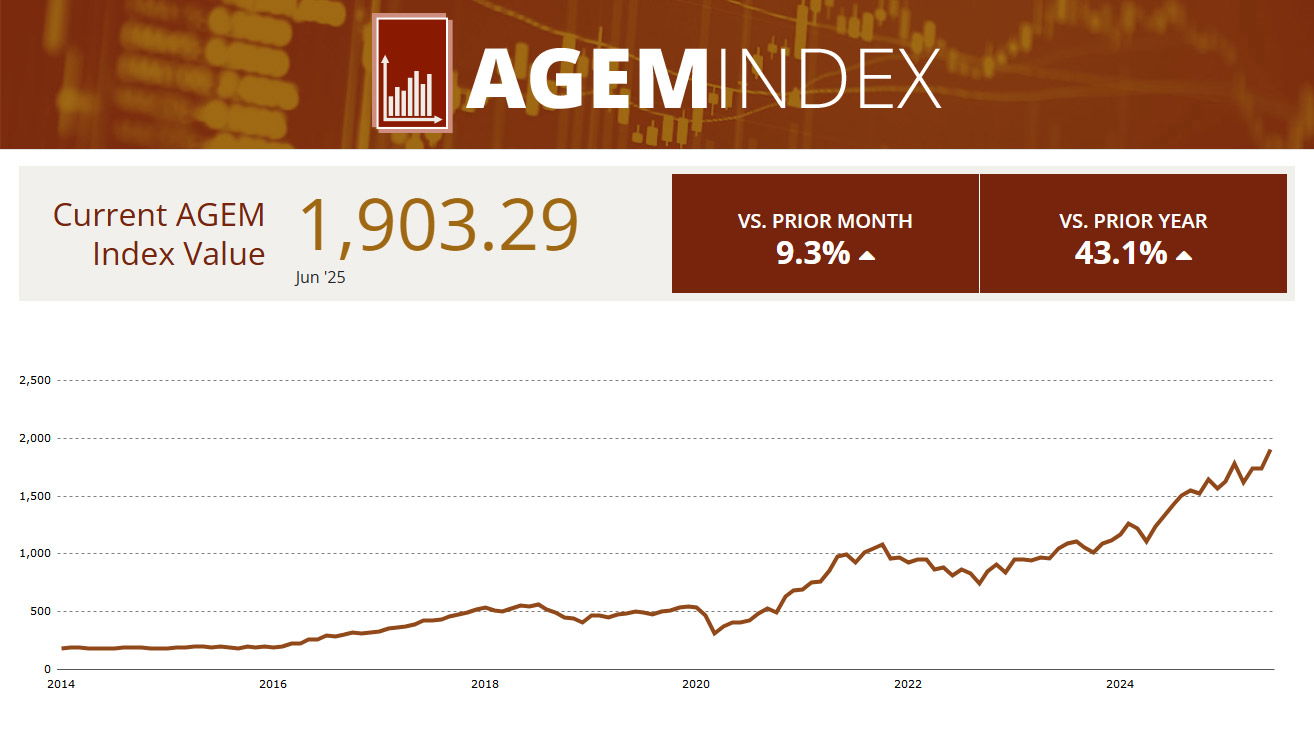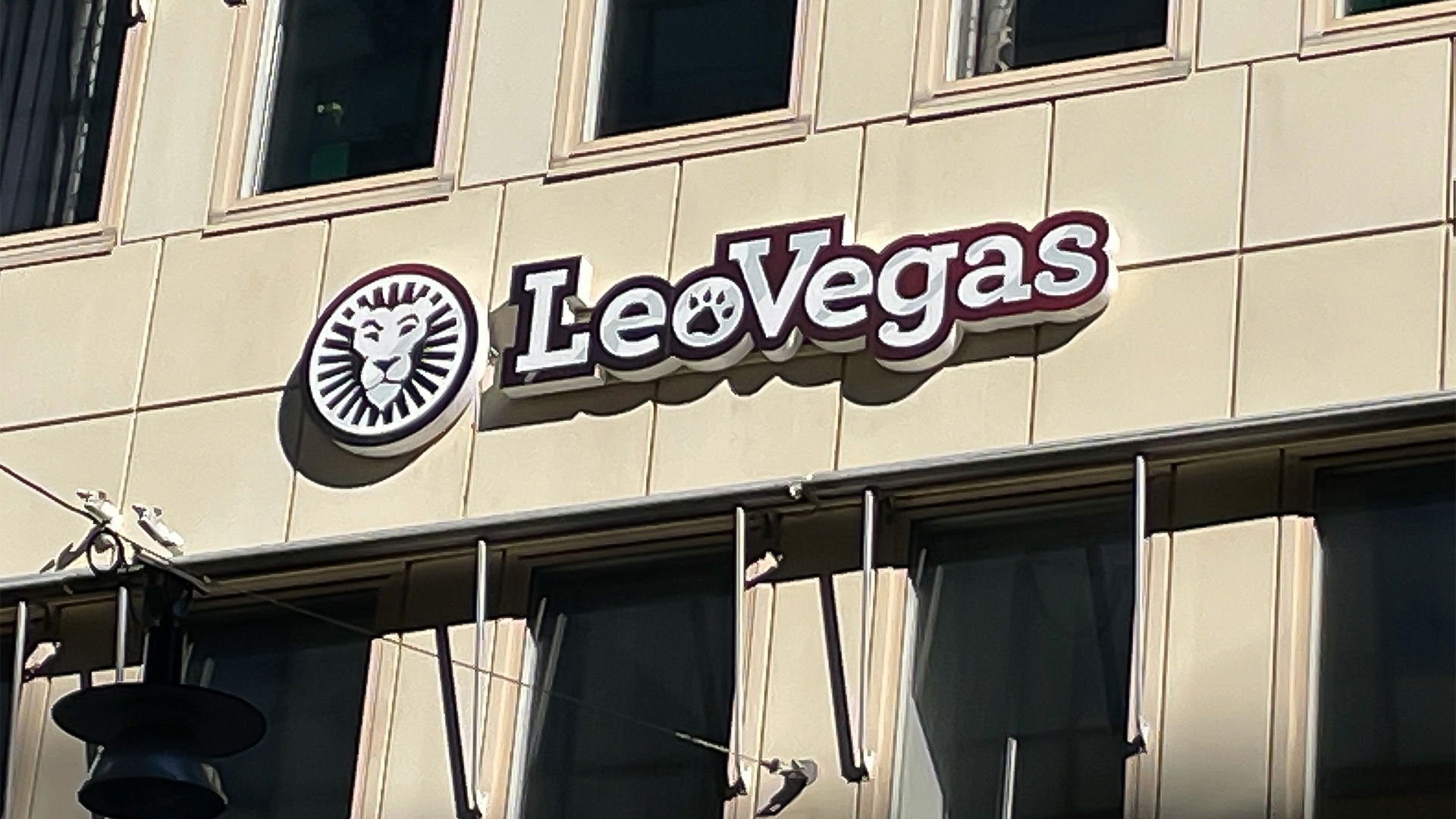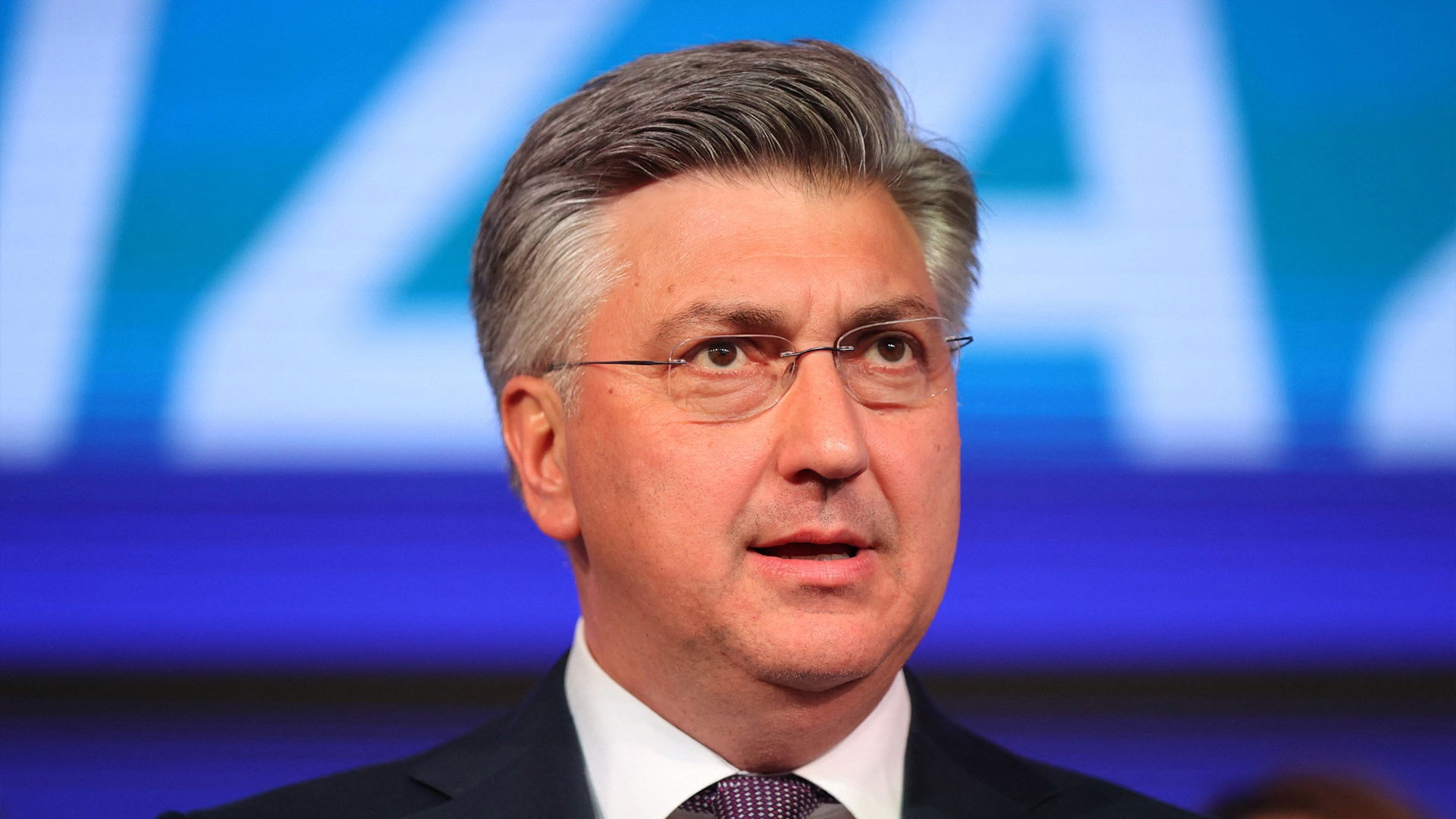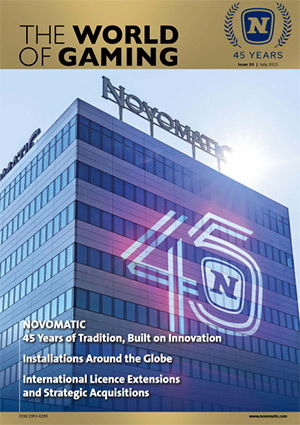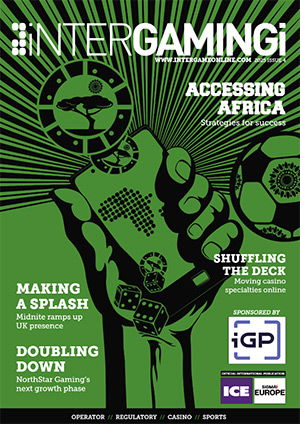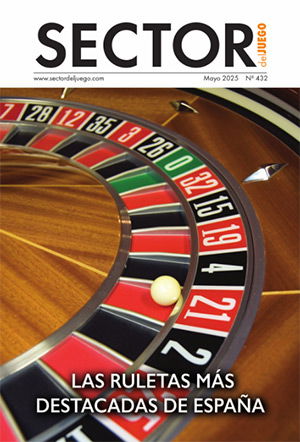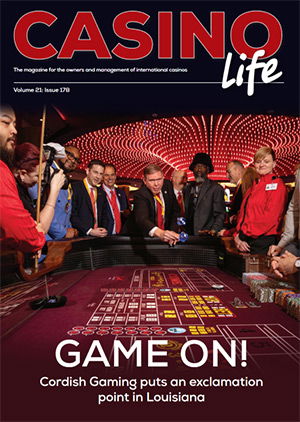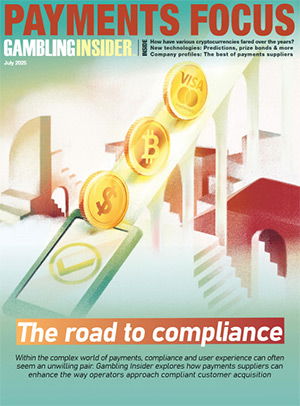73% of Brazilian bettors used illegal sites in 2025, study finds
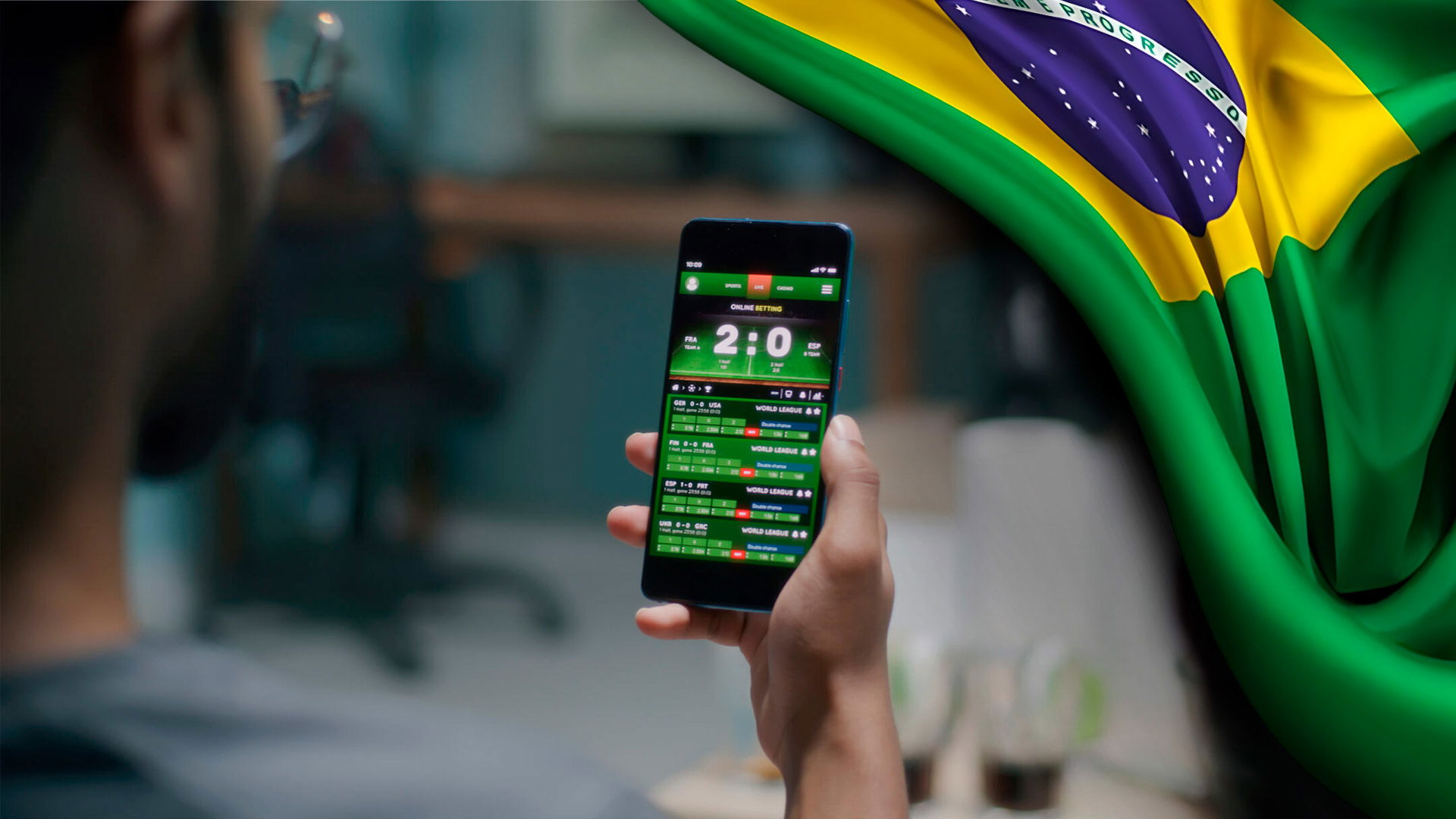
Nearly three-quarters of Brazilian bettors used illegal gambling platforms in 2025, a new study released Thursday by the Brazilian Institute of Responsible Gaming (IBJR) and LCA Consultoria has found, highlighting persistent challenges in regulating the fast-growing online betting market.
The survey, conducted by Instituto Locomotiva between April and May with 2,000 respondents across the country, found that 73% of bettors had wagered on unauthorized sites. A majority—78%—reported difficulty determining whether a platform was legally approved by the government.
The study revealed widespread engagement with prohibited practices. Of those surveyed, 62% placed bets on platforms lacking mandatory facial recognition, 44% used credit cards to fund accounts—a method currently banned—and 28% wagered using cryptocurrencies, which are also not permitted under current regulations.
IBJR and LCA estimate that between 41% and 51% of online betting operators in Brazil are unlicensed. The resulting loss in potential tax revenue is significant: up to 10.8 billion reais ($1.8 billion) annually. In the first three months of 2025 alone, revenue losses from illegal betting are estimated between 1.8 billion and 2.7 billion reais ($324 million to $486 million).
The report comes just days after the Brazilian government increased the tax rate on legal betting operators from 12% to 18% through a provisional measure announced on June 11. The move, part of Finance Minister Fernando Haddad’s broader push to stabilize public accounts, has been met with strong resistance from the betting industry.
“The higher tax could render much of the already legalized betting market unviable,” said IBJR president Fernando Vieira, citing concerns that elevated taxation could drive more users toward illegal operators. With the forthcoming Selective Tax, also known as the "Sin Tax," total tax pressure could rise to nearly 50%, according to industry forecasts.
The IBJR argues that curbing illegal gambling could substantially benefit public finances. The estimated R$10.8 billion in annual lost revenue, it said, would be sufficient to pay the salaries of 184,000 basic education teachers for a year or construct 41,000 homes under the Minha Casa, Minha Vida social housing program.
Online betting was legalized in Brazil in 2018 under former President Michel Temer but remained unregulated until January 2025, when the government of President Luiz Inácio Lula da Silva began enforcement. Authorities have since taken down more than 11,000 unauthorized domains, but unlicensed sites continue to operate, often targeting vulnerable populations.
“Consumer confusion is exploited by these illegal operators,” said Renato Meirelles, president of Instituto Locomotiva. “That’s why it’s essential to run educational campaigns, reinforce clear communication about the risks, and ensure that regulatory bodies act firmly in monitoring and severely punishing offenders.”
Under current rules established by the Secretariat for Prizes and Betting (SPA), legal operators must adopt the ".bet.br" domain, enforce facial recognition during account registration, limit financial losses and playtime, restrict deposits to Pix and debit transfers from the account holder, and provide self-exclusion tools for responsible gambling.
Despite these measures, the survey suggests more action is needed to protect consumers—particularly those with lower income and education levels—who remain disproportionately exposed to the risks of the unregulated market.


